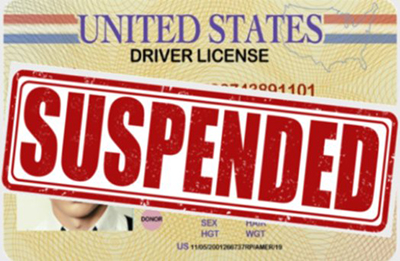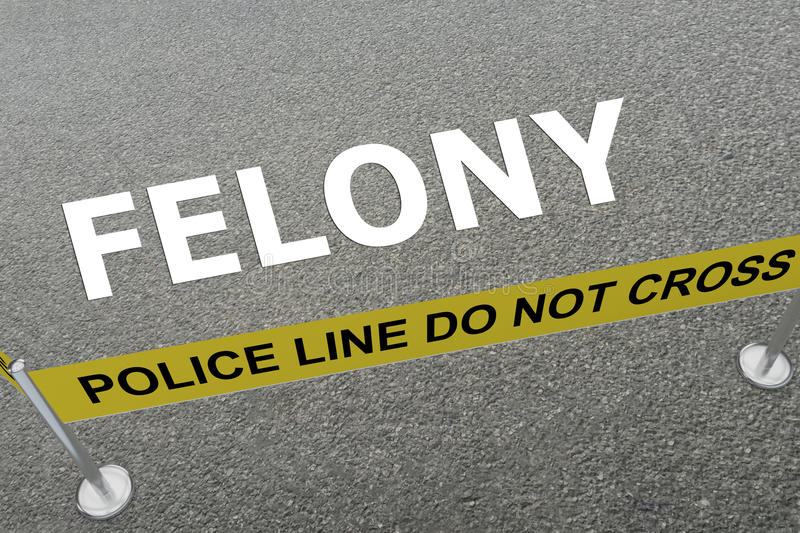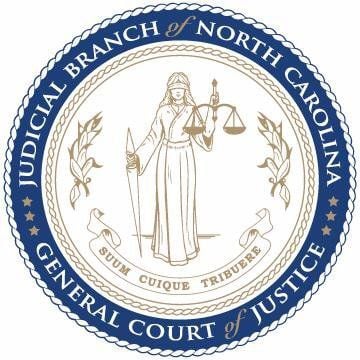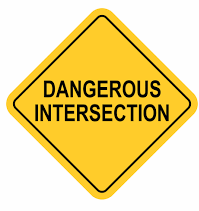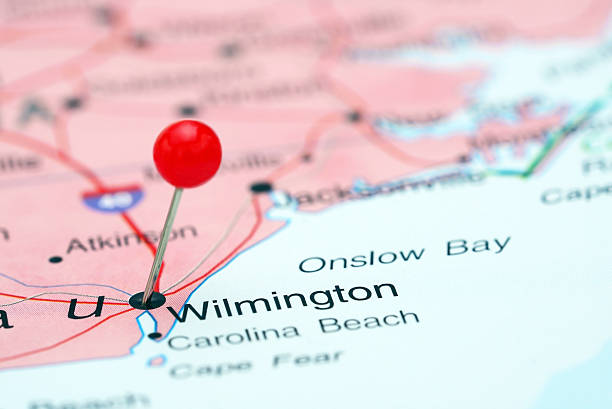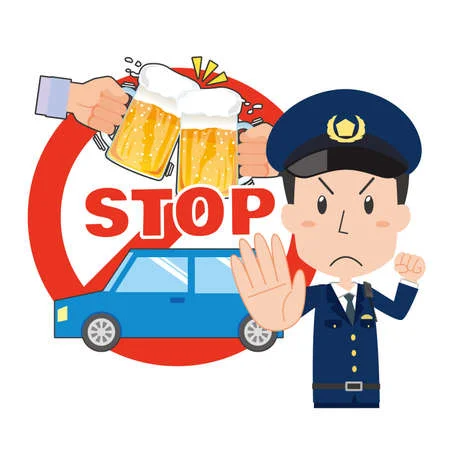Avoiding Max Punishment for Misdemeanors
Friday, May 5th, 2023
Under North Carolina law, what are the classifications for misdemeanors and their maximum punishments? What are ways to avoid maximum punishment including probation and community service?
Under North Carolina law, misdemeanors are classified into four categories: Class A1, Class 1, Class 2, and Class 3. The maximum punishments for each class are as follows:
1. Class A1 Misdemeanor: This is the most serious type of misdemeanor offense in North Carolina. The maximum punishment for a Class A1 misdemeanor is 150 days in jail and a fine to be determined by the court.
2. Class 1 Misdemeanor: The maximum punishment for a Class 1 misdemeanor is 120 days in jail and a fine to be determined by the court.
3. Class 2 Misdemeanor: The maximum punishment for a Class 2 misdemeanor is 60 days in jail and a fine to be determined by the court.
4. Class 3 Misdemeanor: This is the least serious type of misdemeanor offense in North Carolina. The maximum punishment for a Class 3 misdemeanor is 20 days in jail and a fine to be determined by the court.
It’s important to note that judges have discretion in setting the specific punishment for a misdemeanor offense within the maximum allowable range and may take into account factors such as the severity of the offense, the defendant’s criminal history, and other mitigating or aggravating circumstances.
There are several ways to avoid the maximum punishment for a misdemeanor offense in North Carolina, including:
1. Plea bargaining: This involves negotiating a plea agreement with the prosecutor, where the defendant agrees to plead guilty in exchange for a reduced charge or sentence. This can often result in a lesser sentence than the maximum punishment for the offense.
2. Probation: In some cases, a judge may sentence a defendant to a certain amount of jail time but suspend the sentence and place the defendant on probation instead. If the defendant successfully completes their probation, they may avoid serving any jail time.
3. Community service: Some misdemeanor offenses may be punished with community service instead of jail time. Community service involves performing unpaid work for a certain number of hours, usually for a non-profit organization or government agency.
It’s important to note that the availability of these options may depend on the specific facts of the case, the defendant’s criminal history, and the discretion of the judge and prosecutor involved.
We hope it will not become necessary, but if you or a loved one get into trouble with a criminal matter or receive a traffic ticket in New Hanover, Pender, or Brunswick County, please give our office a call at 910-793-9000 for a confidential consultation.
By Bryanna Gordon, Legal Assistant


